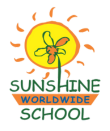The curriculum at Sunshine Worldwide School is coherent and involves collaborative discussions engaging the school community. Moving away from the traditional learning methods, we focus on Research and Activity based learning.
Play based learning in Early years
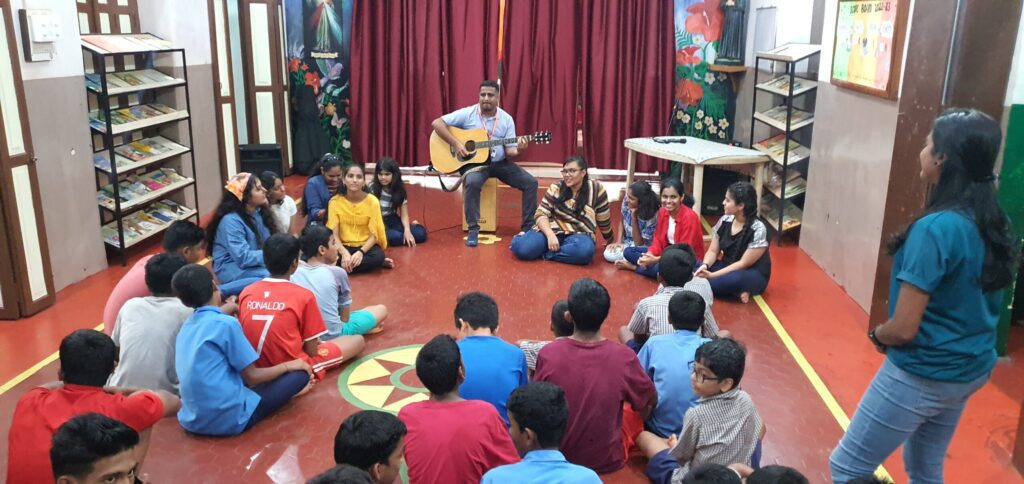
Children learn best through first-hand experiences—play motivates, stimulates and supports children in their development of skills, concepts, language acquisition, communication skills, and concentration.
A play-based approach involves both child-initiated and teacher-supported learning. The teacher encourages children’s learning and inquiry through interactions that aim to stretch their thinking to higher levels. Learners at SWS voluntarily choose to play, how they’ll play, and for how long. We focus on the process and not on the net or learning goal. An educator may provide prompts by setting up some materials or initiate a play in this scenario. As the play is Unstructured, a learner has ample time to explore and discover during play. They’re directed by their own interests.
Approaches to Teaching:
We focus on the cycle of Inquiry, action and Reflection. When Application based education is infused with problem solving, critical thinking & communication skills, we achieve results that are leaps and bounds ahead of the traditional techniques. Our experience proves that this approach not only helps a student grasp the subject quicker, but also facilitates faster brain and sensory development.
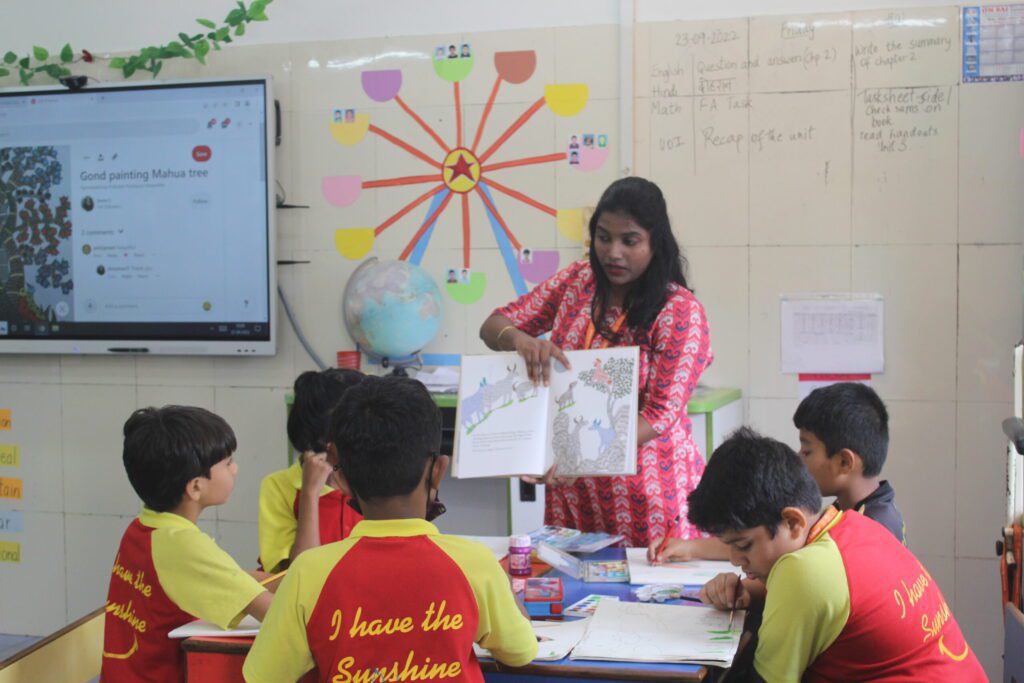
Maslow before Bloom
The phrase Maslow before Bloom refers to two 20th century American psychologists, Abraham Maslow and Benjamin Bloom., which prioritizes five tiers of human needs over cognitive tiers of educational Objectives. Which is internalized by every educator at SWS and is evident in their daily interactions. It is typically used to communicate how humans need their basic needs met before academic learning can be fully embraced. SWS emphasizes the importance of SEEL in its programmed implementation. The Social, Emotional, and Ethical (SEE) Learning programmed is an educational curriculum for kindergarten right through to age 18 (K-12), envisioned and developed together by researchers at Emory University in Atlanta, Georgia and the Office of His Holiness the Dalai Lama (OHHDL).
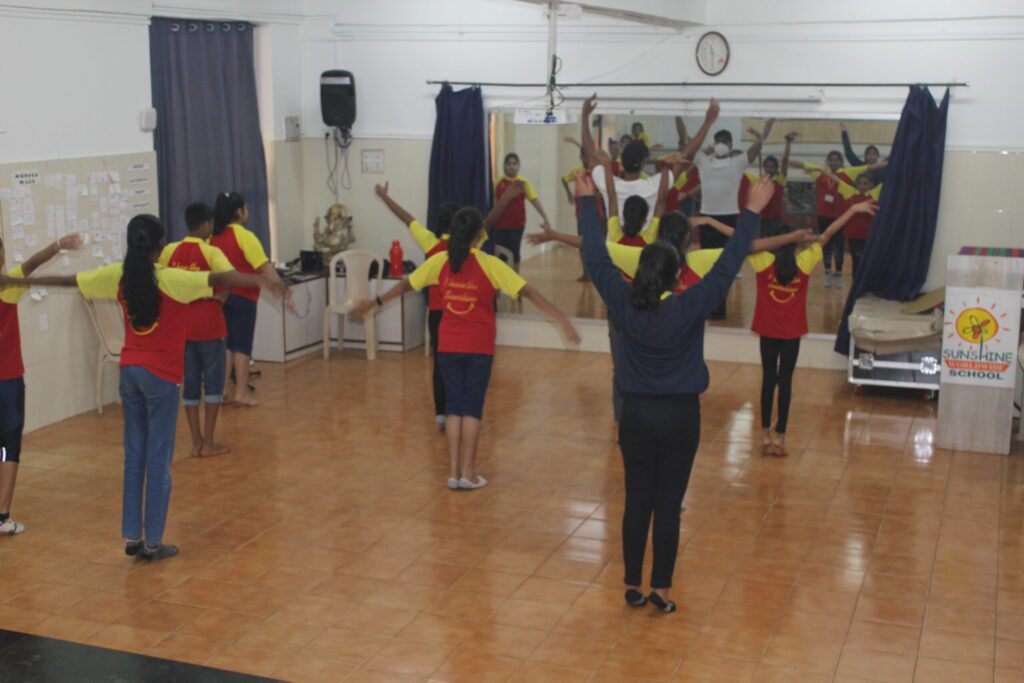
Building on personal and cultural identities:
ADDMS (Art, Dance, Drama, Music and Sports) are intertwined in the curricula and not considered as standalone activities. Most of the transaction is trans-disciplinary. Teaching in silos is replaced by learning without boundaries. This correlation helps learners apply their knowledge better and in an applied manner.
Agency in the learning community:
Our learners have shown tremendous growth when the subjects are Activity Based. So, at Sunshine, every individual student has the freedom to conduct their own research, keeping in mind that the result will always lead to an open outcome. We encourage evaluation of oneself, to develop a structured, positive growth focused on self-improvement.
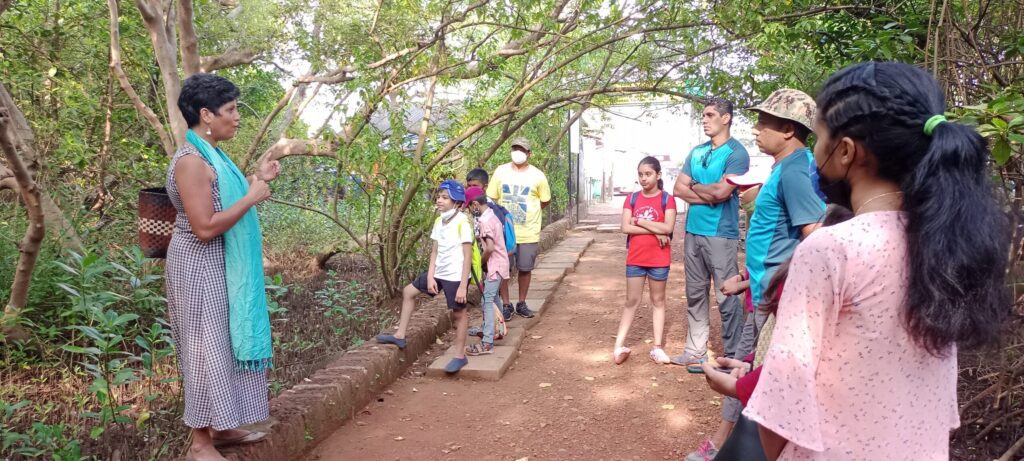
Parents get involved in our learning experiences and act as a resource for the community through various opportunities such as guest speakers, field trip participants, supporting putting up stalls to encourage entrepreneurship.
We believe that we are the facilitators in the learning process. Hence, we encourage research-based methods. The school strives hard to provide means to keep the children up-to-date with the latest trends in the domain.
Taking Action/Community service projects
An approach that can empower students by engaging them directly with the socio-environmental issues that concern them personally, as well as their families and the communities in which they reside. It is a cyclical process of learning and action in which students work in small groups or individually to conduct their own research, brainstorm ideas, survey community members, and develop designs that respond to problems they care about. It helps young people understand the root causes of problems that directly impact them, and develop a sense of meaning and purpose in their learning. It can influence a student’s identity as a learner, as well as their potential career interests.
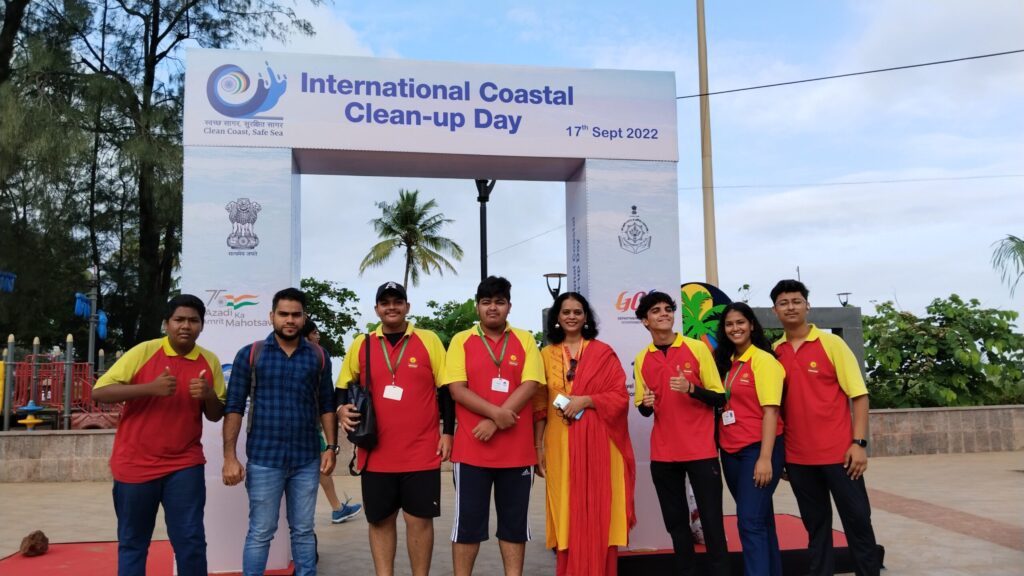
Thus, our approach at SWS serves to democratize the learning experience, giving students ownership of expertise by recognizing that young people are capable of producing knowledge that leads to transformative action. This approach acknowledges that youth have a stake in their community, and that their voice can matter.
References:
